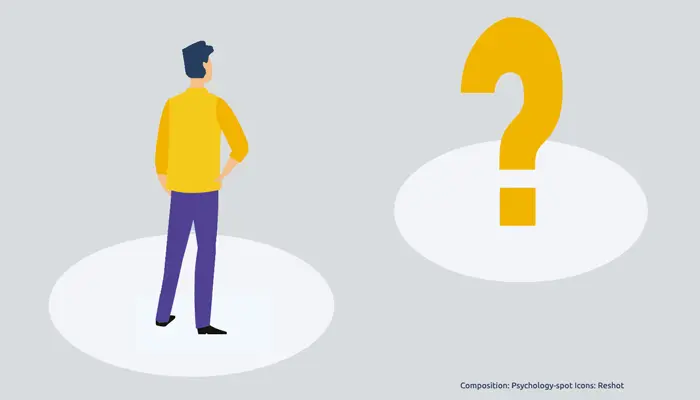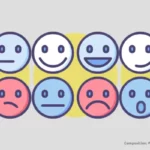
Every day we make tens or hundreds of decisions. Most are more or less inconsequential, such as deciding what we will have for breakfast or how we will dress. But there are also decisions that can turn our lives upside down, decisions that can change our life and that will make us more or less happy.
The way to make decisions varies from one person to another. There are those who are very meticulous and write a list of pros and cons, weighing every detail on a scale. Others get carried away by their hunches, deciding inspired by Intuitive Intelligence.
However, regardless of the method we use to make the decisions there is a question we should always ask ourselves: is it good for my mental balance?
Emotional chasm: The risk of not prioritizing your well-being
Everything we do – and we don’t do – has a direct impact on our mental health. Every decision we make – and don’t make – defines us. Every day we have the opportunity to make decisions that can contribute to our emotional well-being or, on the contrary, destabilize it.
However, we are rarely aware of the impact of these decisions, we rarely stop to reflect on the level of stress, happiness, well-being or frustration generated by the small and big decisions we make.
By obviating our well-being, we run the risk of taking a series of “bad” decisions that will have a cumulative effect and will deteriorate our emotional balance, until it is broken. As a result, we can fall into a spiral of self-destructive decisions that generate more and more stress, frustration, anger or resentment.
One decision leads to the other, almost without realizing it, by inertia, as we glide – slowly but inexorably – through an abyss that leads us to hit bottom emotionally, without knowing very well how we got there.
Why don’t we usually prioritize our mental well-being? There are different reasons:
1. Because they have not taught us to prioritize our emotional balance. We’ve been sent the message – completely wrong – that thinking about ourselves is a selfish attitude.
2. Because we don’t care enough about our mental well-being. Maybe because we assume – wrongly – that our emotional balance is bulletproof and cannot be broken.
3. By habit, because we have been taught that there are other more important factors to consider, such as money or duty.
When the priorities are clear, the decisions are simple
Giving a leading role to our mental health in the list of pros and cons when making a decision will greatly facilitate this process. It will prevent us from saying “yes” just because we feel guilty or because we believe we “should” do it, when in reality that decision makes us feel bad, it is incompatible with our needs and triggers a completely unnecessary emotional tension.
Wondering if what we are about to do can improve our mental health is a kind of compass that serves as a guide to make from small daily decisions to bigger and more complex ones. Is that new work project good for my mental balance? Is this relationship good for my mental health? Is arguing to be right good for my inner peace?
We have the right to consider our emotional balance before making any kind of decision. In fact, it is convenient that we take the necessary time to question all our daily habits, ask ourselves how they affect our mental health. Thus we will discover those behaviors that are beneficial and those that we should change. What activities enhance our emotional well-being? What makes us feel full of energy and happy? What makes us feel calm and relaxed?
Those simple questions can mark a before and after in our life because they will help us prevent the mental breakdown, avoid all those things that are draining us emotionally and allow us to substitute them with healthier habits that make us feel fuller.
Of course, it’s not about falling into extreme hedonism. There will be times when we have to make difficult decisions that generate tension. Sometimes, to achieve great goals, or simply to help those who need it, we must sacrifice some peace and serenity. However, these decisions should not be taken lightly, automatically, but should be conscious decisions.
In that case, we must ask ourselves, how much of our mental well-being are we willing to sacrifice? Without losing sight of the fact that putting our mental health at the center and giving it the importance it deserves, means taking care and protecting ourselves. Because although we are not emotionally fragile, due to concessions and postponements, our mental health will end up suffering.
Remember that “We are not the product of our circumstances, we are the product of our decisions”, as Steven Covey wrote.



